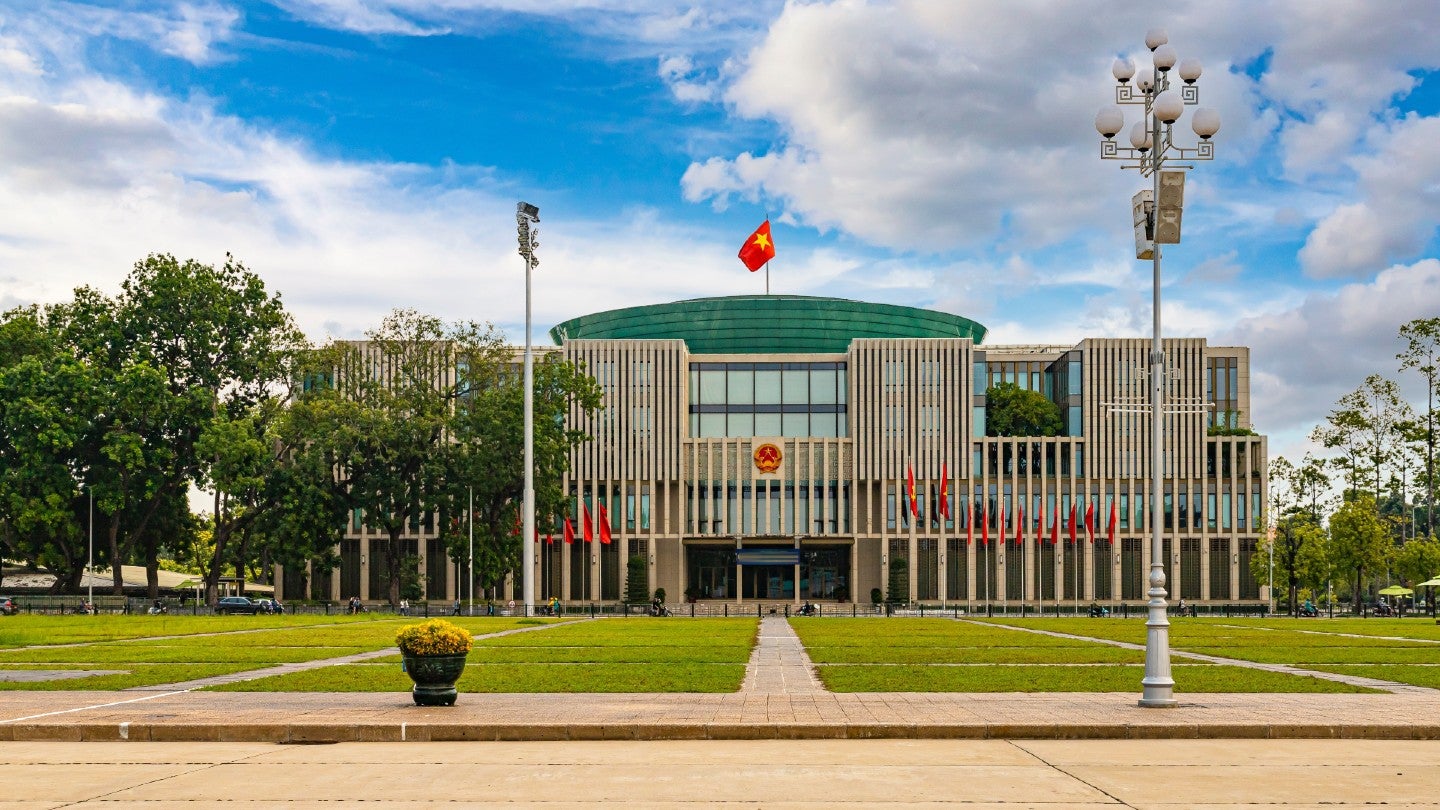
Vietnam’s parliament is to impose a 15% tax on multinationals with an annual global turnover of more than $825m in a move which could deter foreign investment in the country.
The law will become applicable from 1 January 2024. Separately, the legislature in Hanoi delayed measures to compensate companies that will be affected by the 15% levy imposed on them.
“The National Assembly is not issuing a separate resolution on investment incentives at this time,” according to Le Quang Manh, head of the assembly’s Finance and Budget Committee, cited by Reuters.
Around 122 foreign companies, including giants like Samsung, will face increased tax costs, a government document shows. In Samsung’s case, the South Korean tech company paid as little as 5.1% in tax in 2019 for its smartphone assembly factories in Vietnam, where rates vary by region.
News about the higher tax rate follows a profitable first ten months in terms of foreign direct investment (FDI) for Vietnam. The country reported $15.29bn in 2,608 new FDI projects between 1 January and 20 October 2023.
Infrastructure is one of the sectors requiring urgent investment. According to GlobalData, Vietnam lags behind other countries in the region when it comes to rail network density, with 7.9km per 1,000sq-km. In contrast, its northern neighbour, China, boasts almost double that figure (14.2km), while countries like Japan or South Korea take that to 51.7km and 43.3km, respectively.

US Tariffs are shifting - will you react or anticipate?
Don’t let policy changes catch you off guard. Stay proactive with real-time data and expert analysis.
By GlobalDataThis year, government officials approved an infrastructure development plan of between $43bn and 65bn meant to cover road, rail, water and air transport. The bill will enable public-private partnerships, with Vietnam looking to complete several projects, including a gas power station in the Southeast Economic Zone of Quang Tri province, as well as a four-line cable-stayed bridge linking Ben Tre City and My Tho City in the second half of the decade.



